Virtual reality, or VR for short, is one of the biggest emerging technology trends, and the business world is gradually coming to terms with the various opportunities it provides. Virtual reality appeals to those in the hospitality industry because it can digitally transport potential customers to a hotel or travel destination. This article teaches how hotels can leverage virtual reality to boost business results.
Table of Contents:
- What Is Virtual Reality?
- Reasons for Virtual Reality Hospitality Industry Growth & Importance
- Examples of How to Use Virtual Reality Within the Hospitality Industry
- Enhancing Customer Experience with Virtual Reality Technology
- Augmented Reality & Artificial Intelligence
- Virtual Reality Hospitality Industry Experiences and the Metaverse
What Is Virtual Reality?
Virtual reality is a computer technology that utilizes images, sounds, and physical sensations to make users feel as though they are physically present in a virtual world. Virtual reality technology typically uses VR headsets, enabling users to look around and immerse themselves in a digital environment. According to the Virtual Reality Market Report by Fact.MR, the global virtual reality market size is projected to grow at a CAGR of 26% until 2033.
The concept of virtual reality has existed in some form since the 1930s. Still, high-quality virtual reality headsets have only recently become a mainstream consumer product, due in large part to increased investment from Google, Facebook, and Samsung.
Reasons for Virtual Reality Hospitality Industry Growth & Importance
While many modern virtual reality applications are entertainment-based, businesses are increasingly grasping VR’s potential as a marketing tool. VR delivers important information to potential customers in a way they can actually experience and stimulates multiple senses.
Within the hospitality industry, VR has become particularly important because the average customer needs a lot of information before they book a hotel room. Rather than reading through descriptions, which may or may not be trustworthy, VR offers customers the chance to experience things themselves. According to the AR/VR In the Hospitality Market Report by Pentoz, the global Hospitality AR/VR market is to expand at a CAGR of 30% until 2028.
For example, this potentially allows customers to experience a virtual recreation of a hotel room or view one of the nearby attractions. Essentially, this allows the hotel industry to benefit from the type of ‘try before you buy’ marketing that has been commonplace within the food industry for decades.
Of course, virtual reality technology’s practical uses do not stop when the customer has booked a hotel room. Indeed, those operating within hospitality management can continue to use VR to deliver information and allow customers to experience nearby attractions once they have arrived, adding to the hotel experience itself.
Examples of How to Use Virtual Reality Within the Hospitality Industry
The full potential of virtual reality within the hotel industry has only recently been recognized. Nevertheless, three of the best current uses of the technology are outlined below:
Virtual Travel Experiences
One of the most common uses of virtual reality in the hospitality sector so far has been creating virtual travel experiences using 360-degree video technology. Through this, users can experience a virtual recreation of different aspects of travel, from the flight to arrival to some of the key sights.
Three examples of this can be seen below. The first is a video showing how the basic process works, showing people wearing VR headsets and experiencing a virtual tour. Meanwhile, the second and third examples are 360-degree videos, which can be viewed with VR glasses or a Google Cardboard for a more immersive experience.
Example #1: A Virtual Honeymoon to London and Hawaii
Example #2: Visit Hamilton Island in 360˚ Virtual Reality with Qantas
Best viewed with VR glasses or a Google Cardboard
Example #3: Maldives VR 360 – 4K Video
Best viewed with VR glasses or a Google Cardboard
Virtual Hotel Tours
Another common use of virtual reality technology within the hotel industry is virtual reality hotel tours. These tours can be made available on hotel websites, allowing guests or potential guests to view their hotel room or other parts of the hotel before booking or arriving.
While these tours are best experienced with a VR headset, they can also be made available to those without access to a headset on social media sites like Facebook, using its 360 video technology.
Example: Atlantis Dubai Virtual Tour
Best viewed with VR glasses or a Google Cardboard
Virtual Booking Processes
Finally, one of the recent, more interesting uses of VR technology has been the creation of virtual reality booking processes. Companies like Amadeus have recently implemented this, allowing customers to look for flights, compare hotel prices, and book rooms through a virtual reality headset.
Although this potential has not yet been fully explored, it is easy to see how this VR booking process allows customers to explore virtual hotel rooms, experience local sights, and seamlessly book a room.
Virtual Reality travel search and booking experience
VR Training
Virtual reality hospitality industry training is changing the way staff hone their skills. Modern hotels are updating their employee training programs with VR, replacing or supplementing traditional training with advanced simulations. For example, one simulation allows trainees to practice finding a room for a virtual guest and checking them in.
Trainees can improve their housekeeping skills in realistic virtual settings and gain valuable insights through interactions with lifelike avatars. VR allows trainees to learn from mistakes, even serious ones, without the anxiety of real-world effects. This builds confidence and lets trainees develop their skills before they deploy them in the real world.
Video: How Hilton Uses Virtual Reality for Training
Virtual Reality Marketing
VR marketing is a powerful tool for hotels. It can give guests a realistic trial experience, helping consumers get a sense of where they’ll be staying, the services on offer, and the accommodation’s atmosphere.
Guests can “walk” through a 3D representation of the rooms they’ll be staying in, explore common areas and amenities like pools or hotel spas, and even interact with virtual staff members as if they were at the hotel. By allowing guests to explore a virtual hotel version, VR lets guests develop a relationship with the establishment and creates enthusiasm.
Video: Hotel Industry Leaders React to VR Marketing Innovation
Enhancing Customer Experience with Virtual Reality Technology
Augmented Reality & Artificial Intelligence
Would you like to learn more about other digital technologies that can benefit your business? Have also a look at the articles “How Augmented Reality is Transforming the Hospitality Industry” and “Using Artificial Intelligence in the Hospitality Industry”.
Virtual Reality Hospitality Industry Experiences and the Metaverse
Virtual reality hospitality strategies can improve the quality of experience provided at almost every customer journey stage. Yet, this can be taken to the next level by embracing the metaverse—the concept of 3D metaverse virtual words based on social interactions and powered by VR, augmented reality, and similar metaverse devices.
Check out the “Metaverse Opportunities for the Hospitality Industry” post for a more comprehensive analysis of the metaverse opportunities available for hospitality businesses. It includes definitions of the metaverse and an exploration of how businesses are already using metaverse technology.
Virtual Reality in Hospitality Industry FAQs
Did You Like This Article About Virtual Reality in Hospitality Industry?
You might also be interested in the following articles:
- Blockchain Technology and Its Uses in the Hospitality Industry
- Examples of Robots Being Used in the Hospitality Industry
- How the Internet of Things (IoT) Can Benefit the Hospitality Industry
- How Can Voice Control Benefit the Hospitality Industry?
- Use Cases of Facial Recognition in The Hospitality Industry
- Smart Hotel; What Are the Benefits for Hotel Owners and Guests?
- Ways to Transform a Hotel Room Into a Smart Room
More Tips to Grow Your Business
Revfine.com is the leading knowledge platform for the hospitality and travel industry. Professionals use our insights, strategies, and actionable tips to get inspired, optimize revenue, innovate processes, and improve customer experience.Explore expert advice on management, marketing, revenue management, operations, software, and technology in our dedicated Hotel, Hospitality, and Travel & Tourism categories.
This article is written by:
Hi, I am Martijn Barten, founder of Revfine.com. With 20 years of experience in the hospitality industry, I specialize in optimizing revenue by combining revenue management with marketing strategies. I have successfully developed, implemented, and managed revenue management and marketing strategies for individual properties and multi-property portfolios.

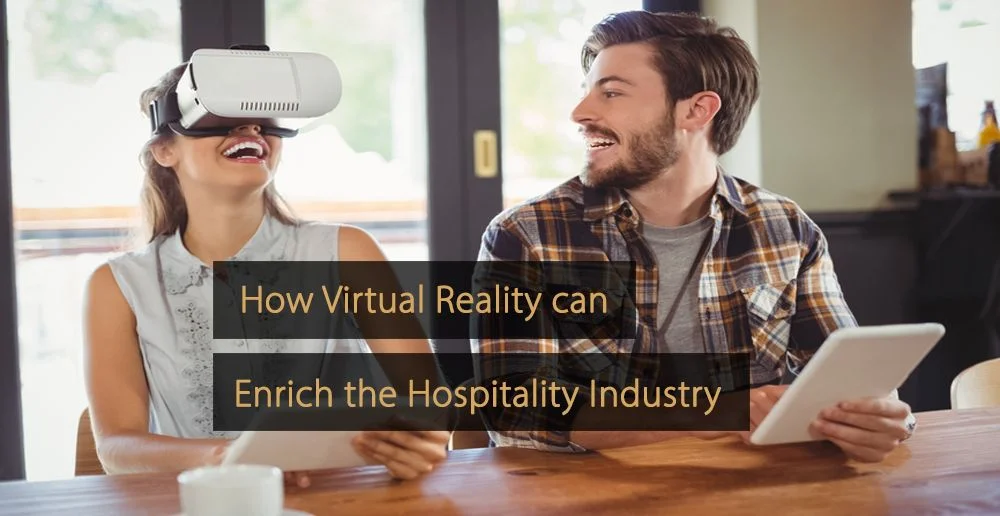
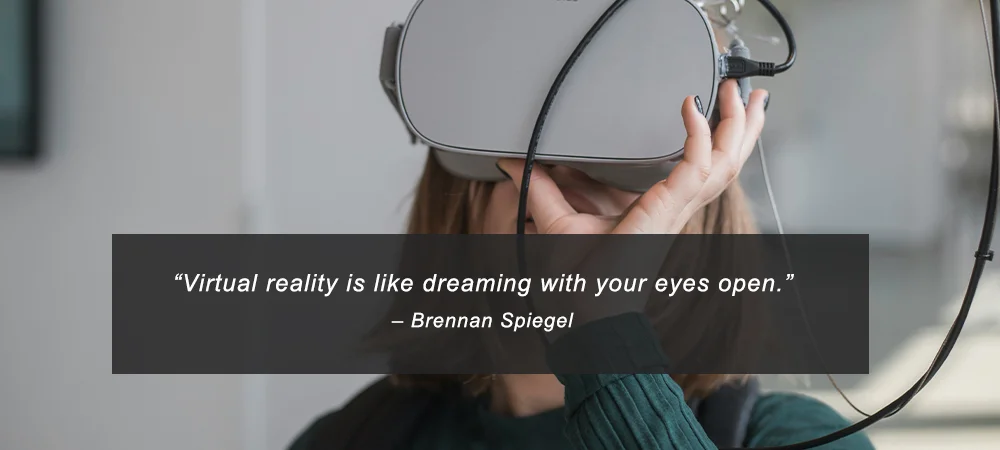

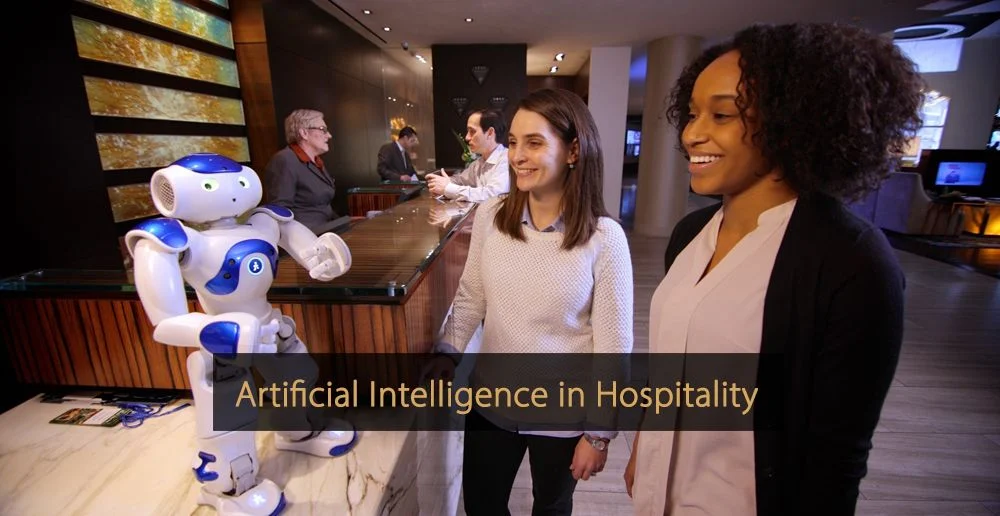
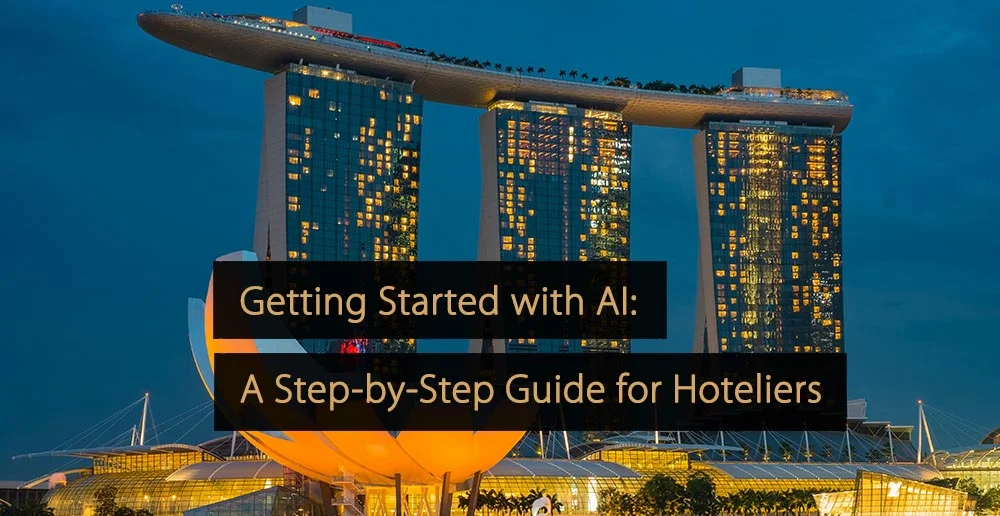

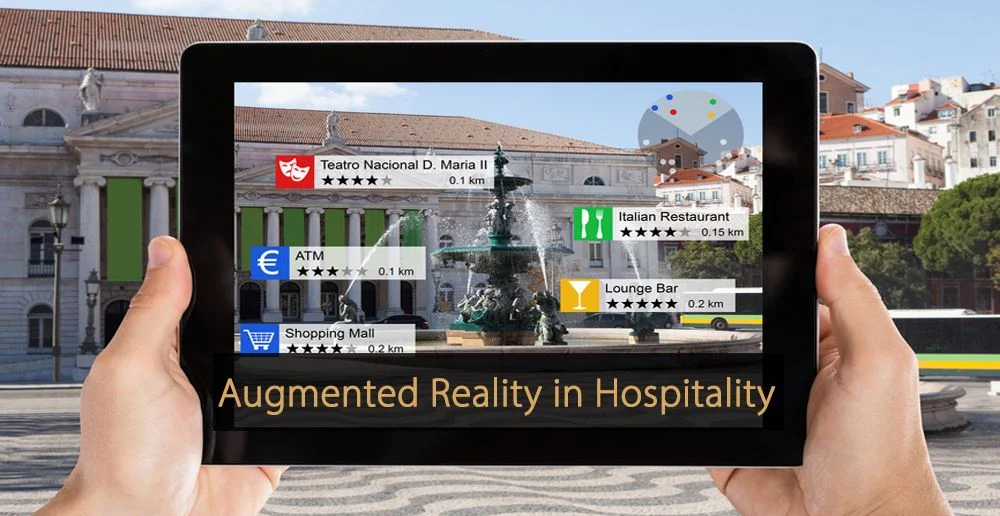

A great piece that sheds much-needed light on merging technology and its impact on the hospitality business as there are many new details you posted here.